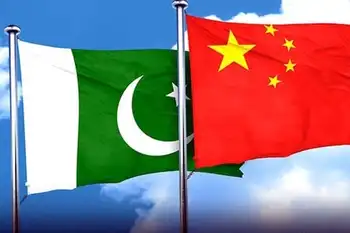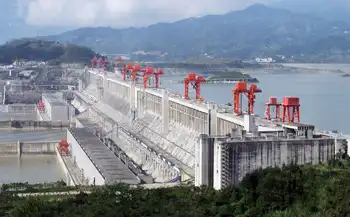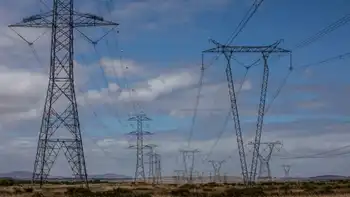Engineering professors aim to protect worldÂ’s grid
By Virginia Tech News
CSA Z462 Arc Flash Training - Electrical Safety Essentials
Our customized live online or in‑person group training can be delivered to your staff at your location.

- Live Online
- 6 hours Instructor-led
- Group Training Available
China’s Ministry of Education and State Administration of Foreign Experts Affairs is sponsoring the five-year, $1.2 million project, called the “Expertise-Introduction Project for Disciplinary Innovation of Universities,” nicknamed the “111 Project.”
The Chinese plan to model their research based on the International Institute for Critical Infrastructure (CRIS) founded, in part, by Phadke in 2001. During the past few years, CRIS formed a high-impact international technical group that focused on research and development of protection and security issues, specifically on power and communication systems and the computer network.
Traditionally electric power networks have used the computer and communication networks in a variety of critical applications. However, there are exciting possibilities to invent new configurations and organizations of power, communication, and computer networks in such a way that they would be more robust in the face of catastrophes. They could also be controlled and protected for optimum security, economy, and performance, according to the CRIS website.
Phadke and Thorp are both leading experts in power system digital protection. Thorp is also the Hugh P. and Ethel C. Kelly Professor of Engineering and head of the Bradley Electrical and Computer Engineering Department at Virginia Tech. They recently returned from the initial meeting held in China and hosted by the North China Electric Power University.
The Chinese hope to import expertise from the top 100 universities and research institutes in the world. They plan to build some 100 research bases in their country to ultimately improve its own higher education system in terms of its scientific and technological innovation capacity and competitiveness.
As ChinaÂ’s economic base balloons, its power system needs are increasing exponentially. According to the 111 Project, as it enlarges its electric power capacity and extra-high voltage transmission, China is finding the protection of its power grids and systems more difficult.
The North China Electric Power University hosted the first meeting, and Phadke and Thorp were joined by two experts from the University of Hong Kong and five from the Institute National Polytechnic Grenoble, a leader among European technology universities.
Within five years, Project 111 has set its goals to include the publishing of 210 journal papers and two books, the filing for no less than 10 patents, and the training of 25 doctoral students.











